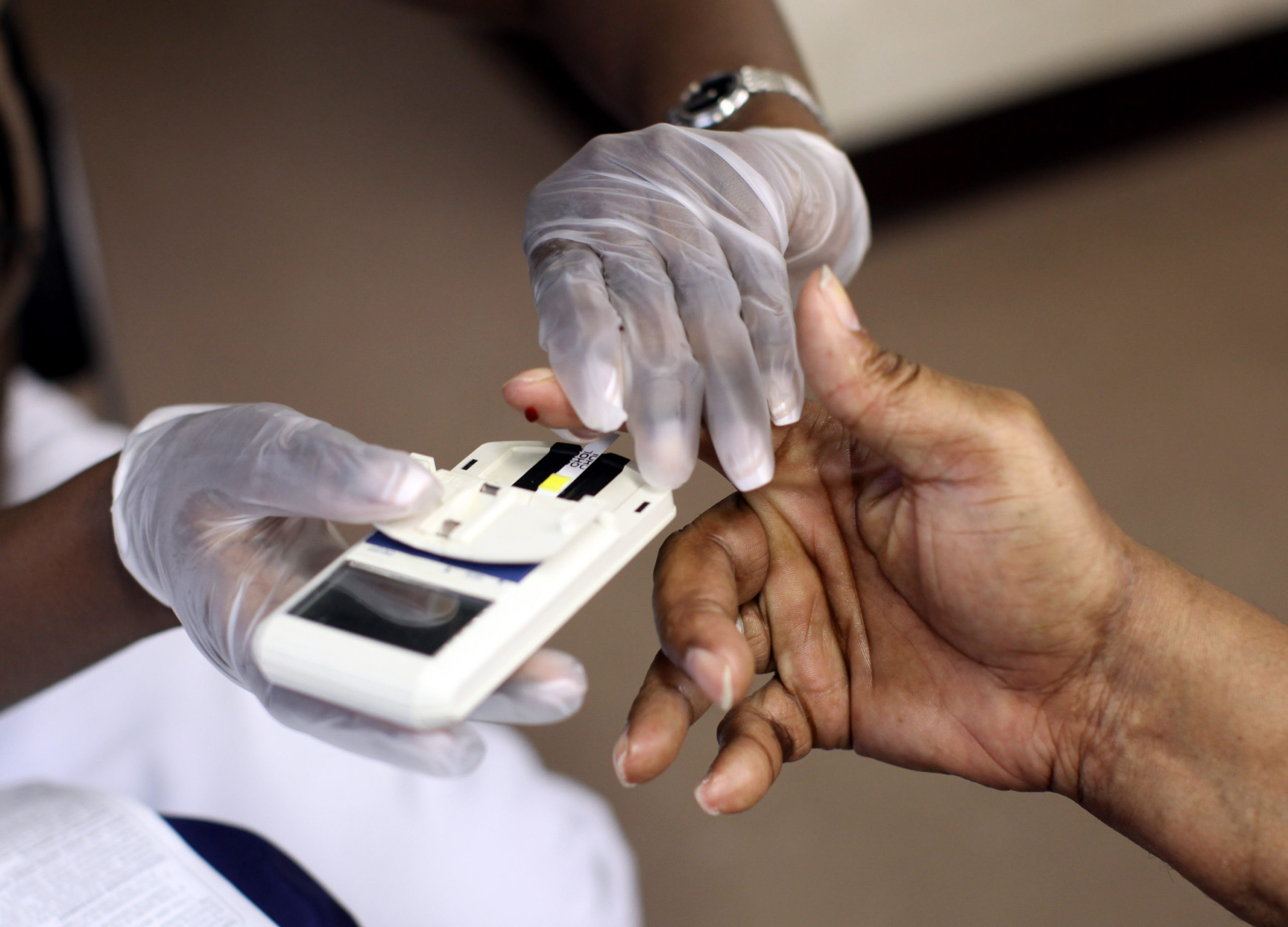
Autoimmune diseases affect millions worldwide, causing the immune system to mistakenly attack healthy tissues. Early diagnosis is crucial for effective autoimmune disease treatment, and blood tests play a vital role in identifying these conditions. If you or a loved one is experiencing unexplained symptoms, visiting a reputed diagnostic lab in Kolkata or a pathology lab in Bhopal can help in early detection and treatment planning.
Understanding Autoimmune Diseases
Autoimmune diseases occur when the immune system malfunctions, leading to inflammation and tissue damage. These conditions can affect various organs, including the skin, joints, brain, and digestive system. Some common autoimmune diseases list includes:
- Rheumatoid Arthritis (RA) – Affects joints, causing swelling and pain.
- Lupus (SLE) – A systemic condition that can impact multiple organs.
- Type 1 Diabetes – Affects insulin production in the pancreas.
- Multiple Sclerosis (MS) – Impacts the nervous system.
- Hashimoto’s Thyroiditis – Leads to hypothyroidism.
- Psoriasis – Causes skin inflammation and scaling.
- Celiac Disease – Triggers immune reactions to gluten.
Key Blood Tests for Autoimmune Diseases
Doctors rely on blood tests to diagnose autoimmune disorders by detecting inflammation, antibodies, and other markers. Here are some essential blood tests that help in identifying autoimmune diseases:
-
Antinuclear Antibody (ANA) Test
- Detects antibodies that attack the nucleus of cells.
- A positive ANA test suggests conditions like lupus, Sjögren’s syndrome, or rheumatoid arthritis.
-
Rheumatoid Factor (RF) & Anti-CCP Test
- Used to diagnose rheumatoid arthritis (RA).
- RF detects abnormal antibodies, while Anti-CCP helps confirm RA diagnosis.
-
C-Reactive Protein (CRP) & Erythrocyte Sedimentation Rate (ESR)
- CRP measures inflammation levels in the body.
- ESR detects chronic inflammation and is useful in diagnosing RA and lupus.
-
Thyroid Antibody Tests
- Helps diagnose Hashimoto’s thyroiditis and Graves’ disease.
- Includes Thyroid Peroxidase (TPO) and Thyroglobulin antibody tests.
-
HLA-B27 Test
- Detects a genetic marker associated with ankylosing spondylitis and other autoimmune arthritis conditions.
-
Anti-DsDNA & Anti-Smith Antibody Test
- Highly specific for systemic lupus erythematosus (SLE).
-
Gliadin & Tissue Transglutaminase (tTG) Antibody Test
- Helps diagnose celiac disease by detecting immune responses to gluten.
-
Myasthenia Gravis Antibody Test
- Checks for acetylcholine receptor antibodies, which indicate myasthenia gravis, a neuromuscular disorder.
-
Complement System Test
- Measures levels of complement proteins that regulate immune response.
- Abnormal levels suggest lupus or other autoimmune diseases.
Where to Get Tested?
If you are experiencing persistent fatigue, joint pain, skin issues, or digestive problems, getting tested at a reputed diagnostic lab in Kolkata or pathology lab in Bhopal is highly recommended. Early diagnosis can prevent complications and improve quality of life.
Managing Autoimmune Diseases
Once diagnosed, autoimmune disease treatment involves:
✔ Medications – Immunosuppressants, anti-inflammatory drugs, and biologics.
✔ Lifestyle Changes – Healthy diet, stress management, and regular exercise.
✔ Regular Monitoring – Periodic blood tests to track disease progression.
Final Thoughts
Autoimmune diseases can be challenging, but early diagnosis through blood tests makes treatment more effective. If you suspect an autoimmune disorder, consult a doctor and visit a trusted diagnostic lab in Kolkata or pathology lab in Bhopal for accurate testing.
Need to Get Tested? Book Your Appointment Today!


